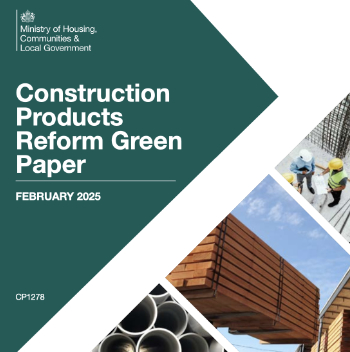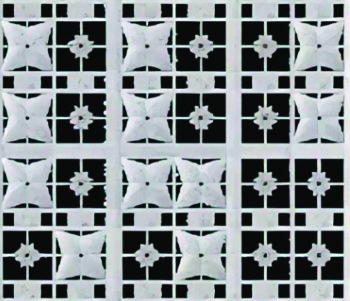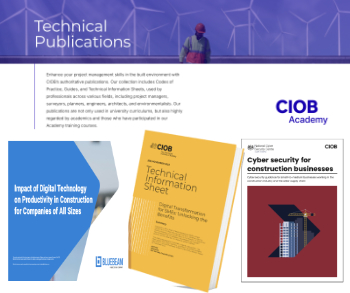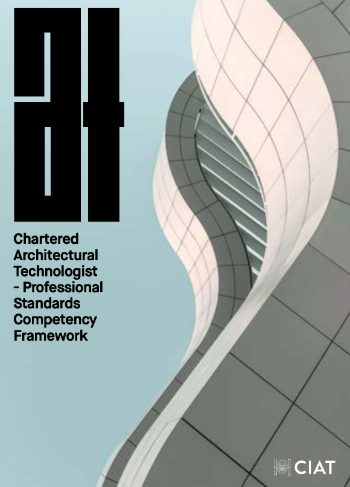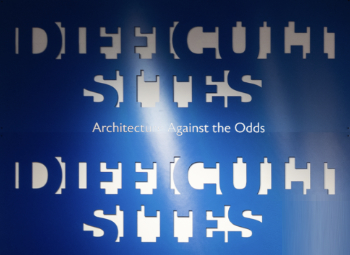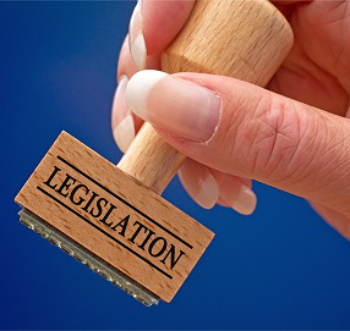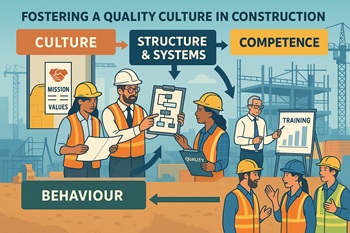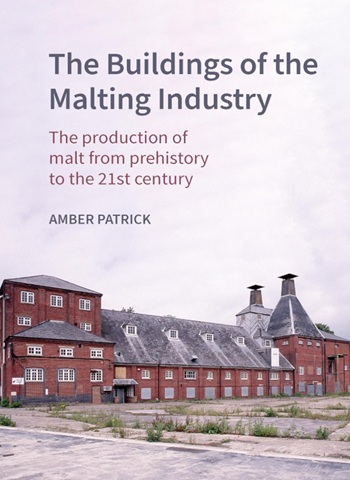Expert evaluation of disputes
Expert evaluation is where a neutral third party, with relevant expertise and experience, provides an objective and impartial evaluation of both sides of a dispute. The evaluation provided is not binding on the parties; however, it can provide valuable assistance in settling disputes and moving forwards.
The typical process adopted involves:
- Reviewing both parties’ arguments.
- Reviewing any relevant documents.
- Evaluating the strengths and weaknesses of both parties’ arguments.
- Considering what the likely outcome would be of any third party determination.
- Informing both parties of the assessment and advising them how to move forwards.
Having this independent expert view can help the parties to enter, or conclude, formal negotiations with a proper understanding, both of the issues and the risks involved of taking the matter to a third party determination.
Expert evaluation may be suitable:
- Where the parties are already involved in informal discussions and find progress difficult due to uncertainty over an issue outside of their expertise.
- Where the matters in dispute are largely technical in nature.
- Where the relationship between the two parties has not broken down.
- Where both parties wish to conclude the matter and move forwards.
When considering expert evaluation the parties should have:
- Joint understanding that the negotiations have hit difficulties and stalled.
- A willingness to resolve the matter.
- Agreement on the use of an expert.
- Identification of the type of expert required.
- Agreement on the identity of the expert.
Professional institutes can help identify an appropriate expert to approach, as can a specialist institute such as the Chartered Institute of Arbitrators (CIAB).
When initially approaching an expert, the parties should:
- Agree to joint and several liability for the expert’s fee.
- Provide a description of the negotiation in question.
- Provide a description of the matter on which the expert is required to provide an evaluation.
- Outline the necessary timescale.
The advantages of expert evaluation include:
- Helping make the parties think more realistically about the negotiations.
- Providing an understanding of previously difficult or ambiguous issues.
- Provide an understanding of the risks associated with third party determination.
The disadvantages of expert evaluation include:
- The independent expert is likely to change a significant fee.
- Finding an independent expert that both parties find acceptable can be difficult.
- Both parties may find the evaluation unacceptable and therefore unhelpful in moving the negotiations forward.
[edit] Find out more
[edit] Related articles on Designing Buildings Wiki
- Adjudication.
- Alternative dispute resolution.
- Arbitration.
- Construction disputes.
- Contract negotiation.
- Dispute resolution.
- Dispute resolution board.
- Expert determination.
- Expert witness.
- Mediation.
- Negotiation techniques.
[edit] External resources
- ‘Avoiding & Resolving Disputes’ – KAVANAGH, B., RIBA Publishing (2017).
Featured articles and news
Design and construction material libraries
Material, sample, product or detail libraries a key component of any architectural design practice.
Construction Products Reform Green Paper and Consultation
Still time to respond as consultation closes on 21 May 2025.
Resilient façade systems for smog reduction in Shanghai
A technical approach using computer simulation and analysis of solar radiation, wind patterns, and ventilation.
Digital technology, transformation and cybersecurity
Supporting SMEs through Digitalisation in Construction.
Villa Wolf in Gubin, history and reconstruction. Book review.
Construction contract awards down £1bn
Decline over the past two months compared to the same period last year, follows the positive start to the year.
Editor's broadbrush view on forms of electrical heating in context.
The pace of heating change; BSRIA market intelligence
Electric Dreams, Boiler Realities.
New President of ECA announced
Ruth Devine MBE becomes the 112th President of the Electrical Contractors Association.
New CIAT Professional Standards Competency Framework
Supercedes the 2019 Professional Standards Framework from 1 May 2025.
Difficult Sites: Architecture Against the Odds
Free exhibition at the RIBA Architecture Gallery until 31 May.
PPN 021: Payment Spot Checks in Public Sub-Contracts
Published following consultation and influence from ECA.
Designing Buildings reaches 20,000 articles
We take a look back at some of the stranger contributions.
Lessons learned from other industries.
The Buildings of the Malting Industry. Book review.
Conserving places with climate resilience in mind.
Combating burnout.








